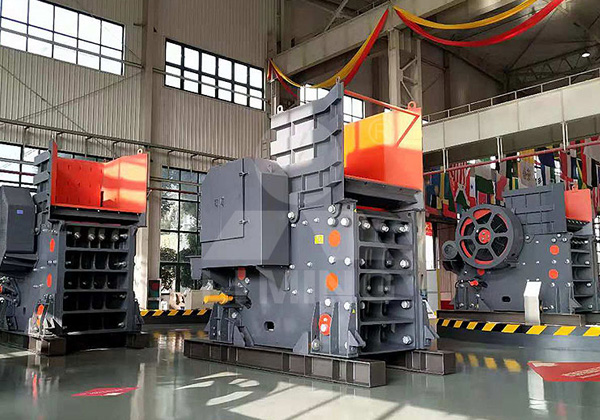Selecting the appropriate type of crusher for a given application involves careful consideration of various factors to ensure efficient operation, optimal performance, and cost-effectiveness. Several key parameters influence the decision-making process, and understanding these factors is crucial for making informed choices. Below are the primary considerations that form the basis for crusher type selection:

- Feed Material Characteristics: Understanding the properties of the material to be crushed is fundamental. Factors such as hardness, abrasiveness, moisture content, and size distribution significantly impact crusher selection. For instance, a material with high abrasiveness may require a crusher with high wear resistance, while a material with high moisture content may necessitate a crusher equipped with effective moisture removal features.
- Feed Size and Gradation: The size distribution of the feed material and the desired product size are critical considerations. Different crushers excel at processing specific feed sizes and producing particular product gradations. Jaw crushers, for example, are suitable for primary crushing of large feed sizes, while cone crushers are often preferred for producing finer product sizes.
- Capacity Requirements: The required throughput or capacity of the crusher influences the choice of machine size and type. It’s essential to match the crusher’s capacity to the production needs to ensure efficient operation and avoid bottlenecks in the crushing circuit.
- Crushing Ratio: The desired reduction ratio, which represents the ratio of the feed size to the product size, dictates the type of crusher needed. Different crushers offer varying crushing ratios, and selecting the appropriate ratio is crucial for achieving the desired product size distribution.
- Operating Conditions and Environment: Factors such as ambient temperature, altitude, and the presence of corrosive or abrasive materials in the operating environment can impact crusher performance and longevity. It’s essential to consider these factors to select a crusher that can withstand the operating conditions effectively.
- Maintenance Requirements: The ease of maintenance and availability of spare parts influence equipment selection. Choosing a crusher with accessible maintenance points and readily available spare parts can minimize downtime and maintenance costs, contributing to overall operational efficiency.
- Energy Consumption and Operating Costs: Evaluating the energy efficiency and operating costs associated with different crusher types is crucial for optimizing operational expenses. Crushers with lower energy consumption and operational costs per ton of material processed are generally preferred for cost-effective operation.
- Installation and Space Constraints: Considerations regarding installation space, foundation requirements, and mobility requirements may impact crusher selection, especially in cases where space is limited or where mobility is necessary for relocation purposes.
- Special Requirements or Features: Specific applications may require crushers with specialized features or capabilities. For example, some applications may necessitate crushers with adjustable closed-side settings, automated control systems, or integrated screening capabilities.
Selecting the appropriate crusher type involves a comprehensive evaluation of feed material characteristics, capacity requirements, operating conditions, and cost considerations. By carefully considering these factors, operators can make informed decisions to ensure optimal crusher performance, productivity, and cost-effectiveness in their operations.
